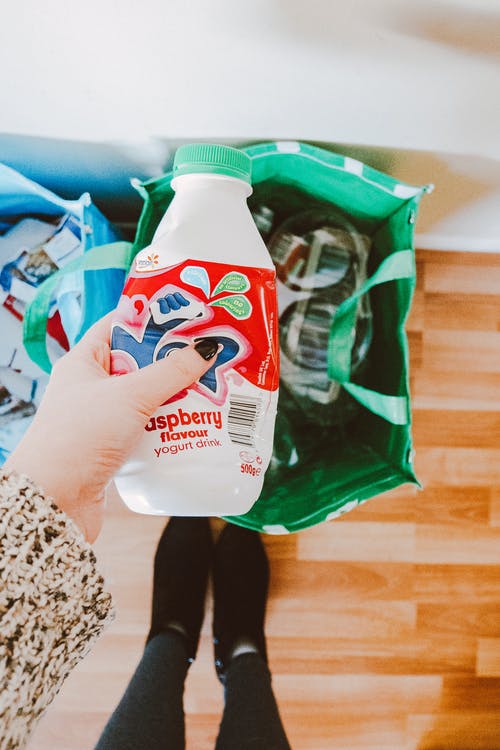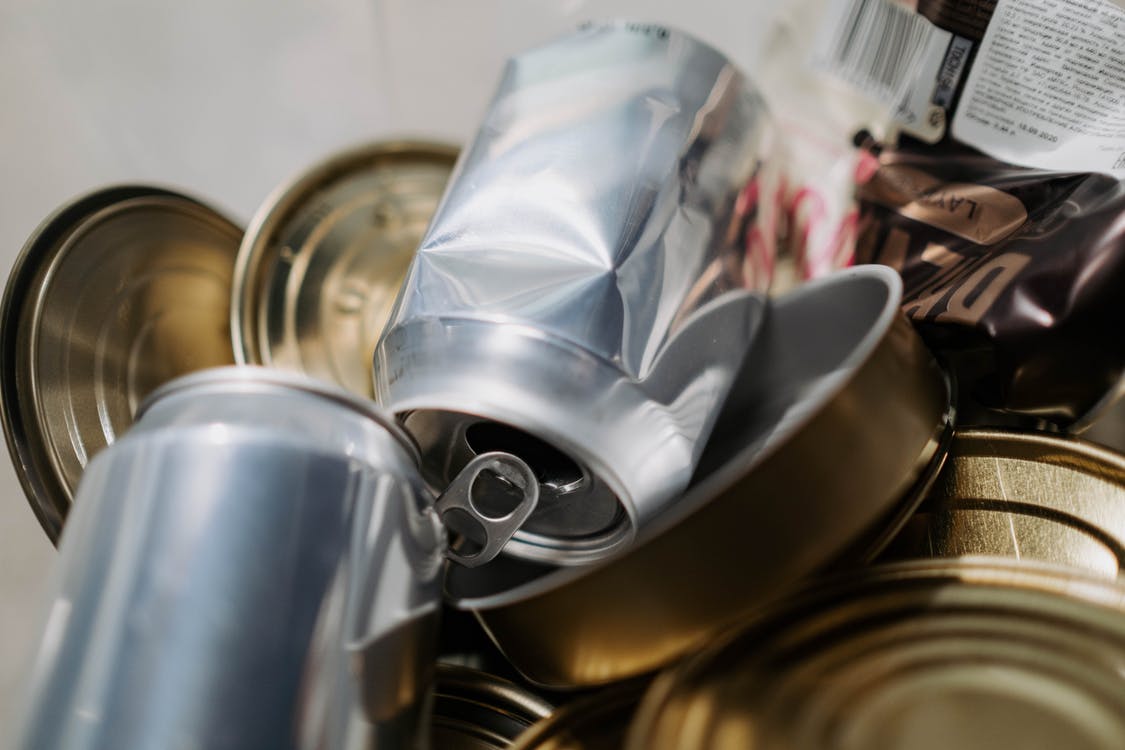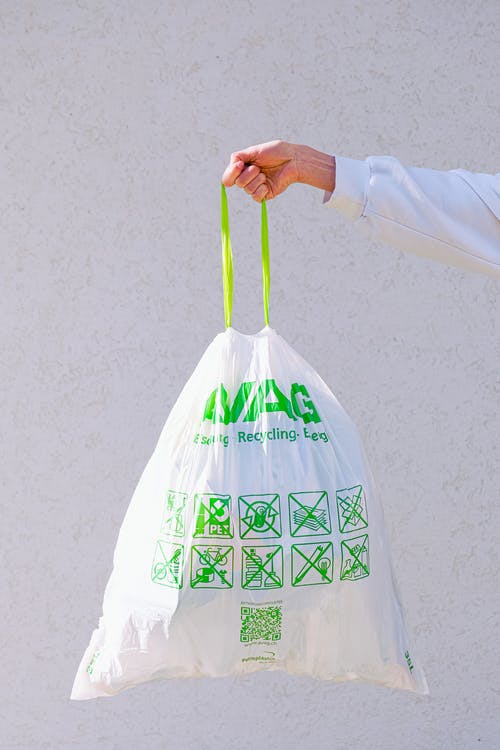Recycling consists of treating all types of waste to reintroduce them to the market; it allows transforming waste into raw material ready to use. Recycling saves money at home, at the office, in transportation, and the garden. To be recycled, a material must be collected, sorted, and then stored in good condition in an appropriate container: selective sorting helps to improve the process. Waste must first be collected and sorted before it can be recycled or incinerated.
Some recycling numbers:
- a cardboard box can be recycled 10 times;
- 75% of food cartons are recycled;
- one out of every 10 glasses is recycled;
- 35% of aluminum trays are recycled;
- 20% of plastics are recycled.
Sadly, some countries have no recycling system for yogurt pots, plastic boxes, or transparent films.

This table shows the advantages and disadvantages of recycling:
ADVANTAGES AND DISADVANTAGES OF RECYCLING
| Benefits | Disadvantages |
|
|
Recycling can be chemical, mechanical, or organic
There are three forms of recycling:
- chemical: to produce a chemical reaction to, for example, separate the components;
- mechanical: using a machine to transform the waste (e.g., shredding);
- organic: to produce fertilizer or fuel.
Depending on the type of waste, the recycling will be different.
Wastewater recycling: wastewater treatment plants
Water is becoming increasingly scarce. To produce clean water without drawing on groundwater, wastewater treatment plants treat wastewater. Then, it can be redistributed in the running water circuits.
Recycling of usual inert waste: aluminum, plastic, paper, cardboard, etc.

Most household and non-hazardous industrial waste can be recycled.
RECYCLING OF INERT USUAL WASTE
| Materials | Recycling |
| Steel | Engine parts, tools, cans, etc. |
| Alu | Cans, wrapping paper, automotive components. |
| Rubber | Planters, trestles, soundproofing panels, flooring tiles, rubberized asphalt, etc. |
| Cardboard | Cardboard. |
| Gravel | Gravel. |
| Paper | Paper and tiles for false ceilings. |
| Plastic | Bags, containers, and lids for non-food products, garden furniture, clothes, toys, urban furniture, fences, pipes, car parts (bumpers, batteries…), road signs, road cones, etc. |
| Textiles | Textiles and pulp |
| Glass | Glass. |
| Food brick | Cans, bottles, pipes, etc. |
| Electrical and electronic equipment | Ferrous and non-ferrous metals, cables, plastics, etc. |
Recycling of usual non-inert waste: oil and paint
Oil and paint are also recycled. They are incinerated to produce energy.
Recycling hazardous waste: several options
Hazardous waste undergoes custom treatment. Their handling is risky and can lead to serious accidents, as they harm the environment and humans.
To recycle hazardous waste, there are multiple techniques:
- incineration;
- biological treatment;
- physical separation of components;
- neutralization of chemical substances;
- cleanup;
- disassembly and decontamination;
- distillation, drying, and extraction.
Definition of recycling while maintaining toxicity
Toxic waste sometimes contains recyclable substances. These substances are separated and the materials sorted. Some poisonous waste is recycled and reused with the harmful material intact.
- Production of biogas.
- Extraction of mercury from batteries.
- Thermal valorization of hydrocarbons.
- The polluted soils are treated and reconstituted.
- Recovery of metals after dismantling.
Read more:
- FAQs about Cooking Oil Recycling;
- FAQs about Composting;
- After Your Move, Remember to Recycle Your Boxes!
- Why Is Car Battery Recycling So Important?
- What Do Recycling Symbols Mean?
- What Plastics Can Be Recycled?
- Cardboard Recycling Sorting, Collection, and Processing;
- How is Glass Recycling Done?
- Save Our Planet: Recycle Your Cooking Oil;
- How Can I Contribute to Bulb Recycling?
Hope this post has pleased you. Remember to comment below.


2 thoughts on “How Waste is Being Recycled”